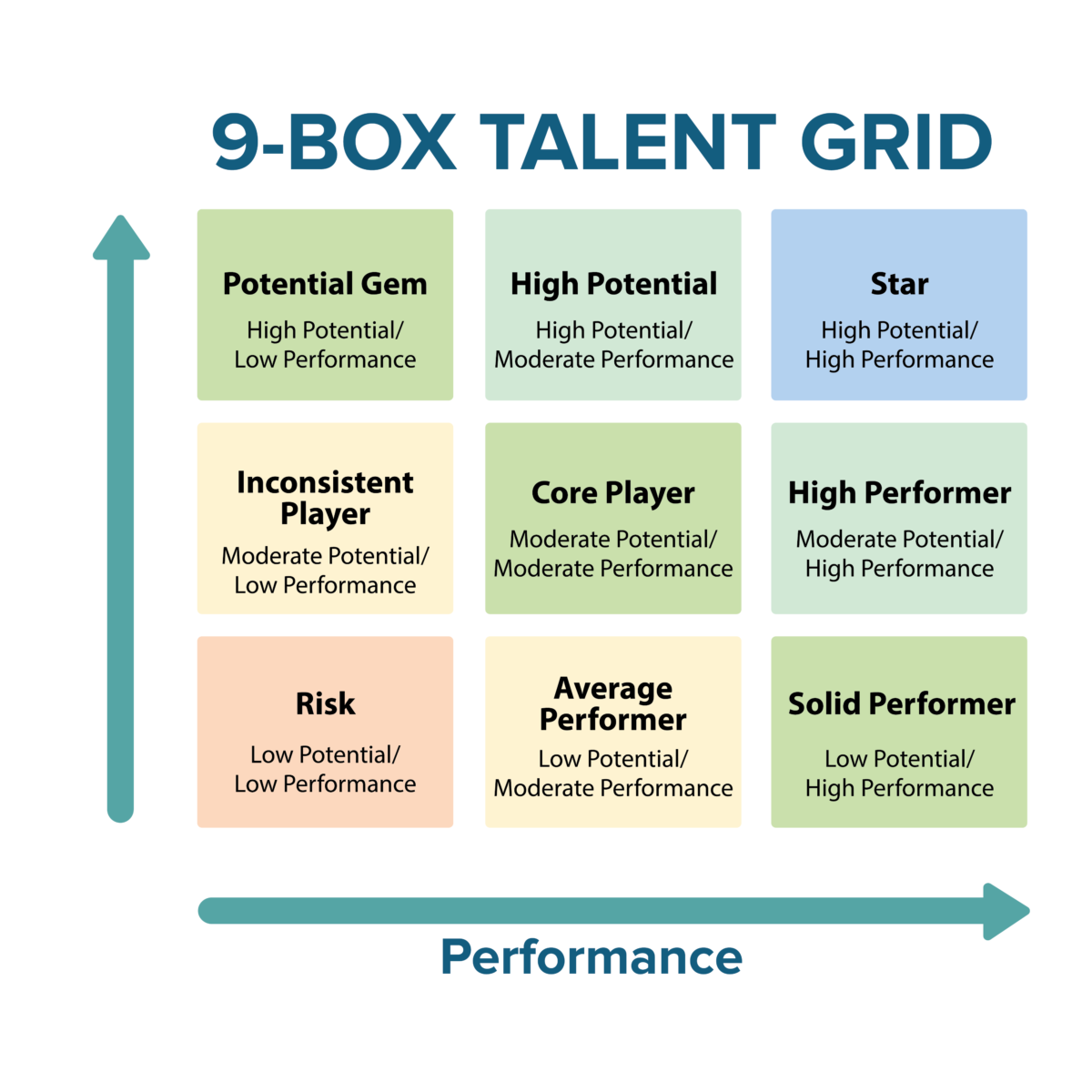The idea that we think fast and slow (Daniel Kahneman) or like a chimp and a human (Steve Peters) has moved from the world of psychology and now is part of everyday understandings of human behaviour. So, what is the impact of these two different ways of thinking have on leadership in organisations, and which one should leaders be using?
Ricky and Rich discuss their observation of working with leaders and how their thinking drives the results and behaviours in themselves and their followers. Where does fast thinking work, and where might slow thinking have the advantage?






